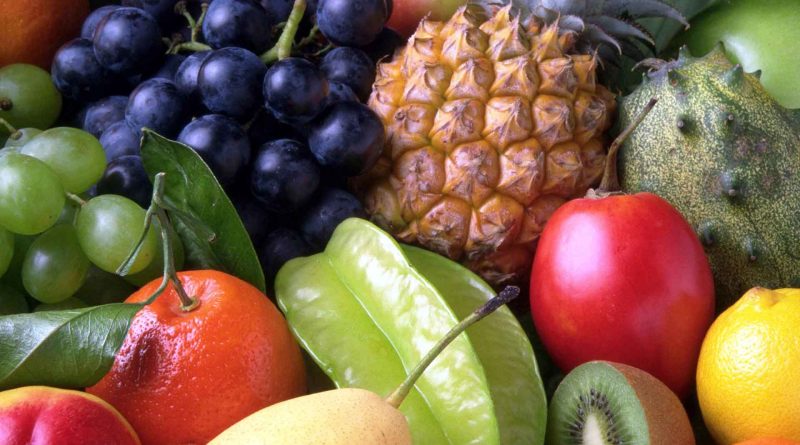First nationwide ban on all Japanese food imports
India banned all food imports from Japan on Tuesday, the first country to impose a blanket block over radiation from a stricken nuclear plant, as shares in its operator plunged to an all-time low. With workers pumping toxic water from the Fukushima atomic plant into the Pacific Ocean for a second day, Japan imposed a legal limit for radioactive iodine in fish, adding it would look at widening tests to cover a larger area.
Raised levels of radioactive iodine had been discovered in a fish caught off Ibaraki prefecture, south of the crippled plant. An Indian government statement said all food imports from Japan “stand suspended with immediate effect” for three months, or until “credible information is available that the radiation hazard has subsided to acceptable limits”. The move by India, which imports small amounts of fruits, vegetables and processed food, is the first nationwide ban, while several countries including China, Singapore and the United States have blocked food from some Japanese prefectures.
Shares in Tokyo Electric Power Co (TEPCO) plunged to a new low of 362 yen – their lowest ever level – amid concerns the firm, which operates the power station, will face huge compensation bills. The embattled company has lost more than 80 percent of its value since the March 11 quake and tsunami knocked out reactor cooling systems at the Fukushima nuclear plant, triggering explosions and releasing radiation. On Monday, its operators began releasing low-level radioactive water into the sea to free up urgently needed safe storage space for water so toxic that it is halting crucial repair work.

